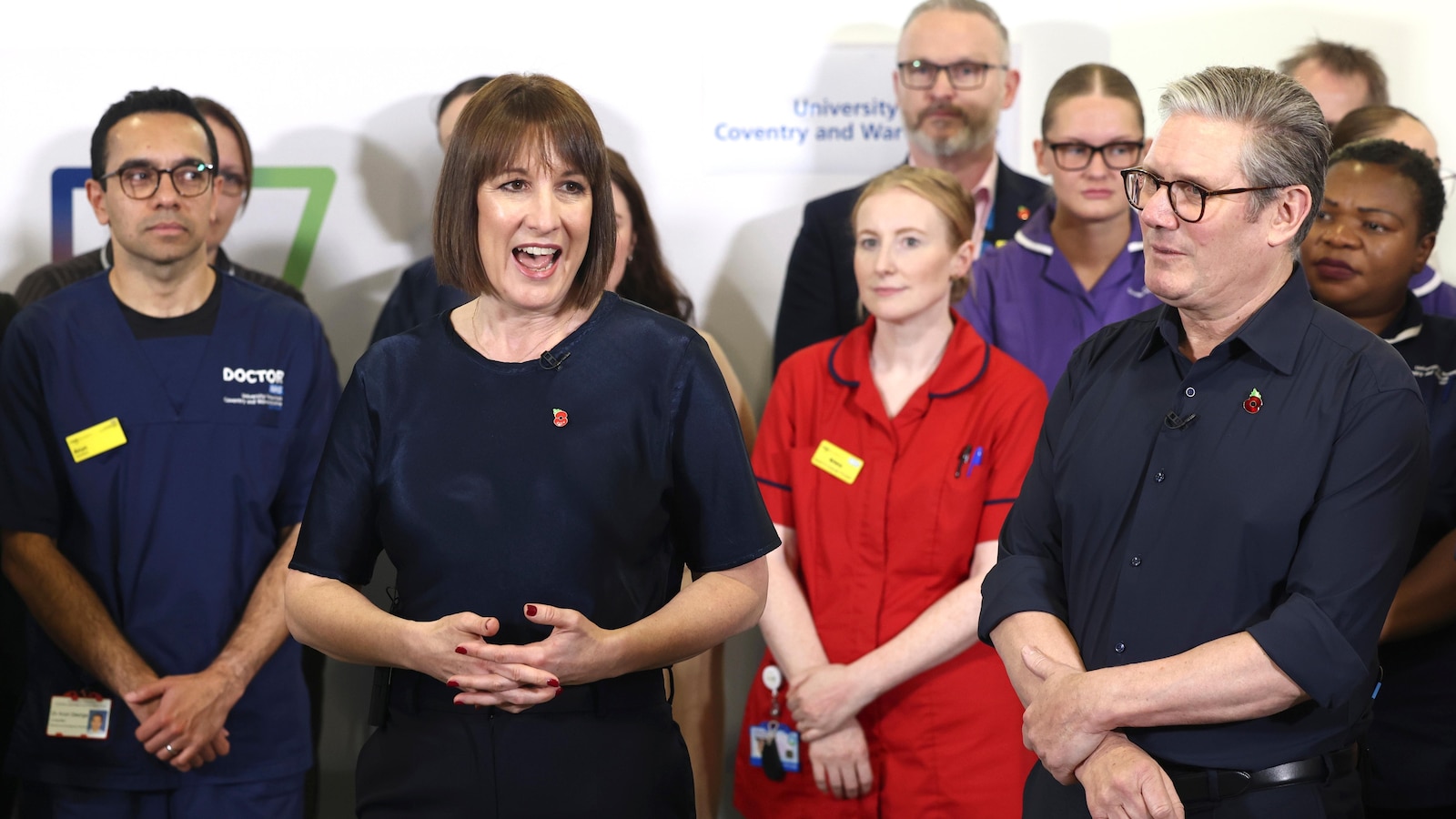The primary measure, which boosts National Insurance contributions paid by employers on wages, targets financing both social benefits and the National Health Service (NHS). However, Reeves admitted the change could lead businesses to offset costs by moderating salary raises. “This will have consequences,” she told the BBC, explaining that employers might absorb some of the tax increase through reduced profits and potentially slower wage growth.
Reeves’ tax strategy follows Labour’s landslide victory in July, with promises to revitalize the economy, reform public services, and restore stability after a period marked by conservative governance controversies. However, the scale of the new tax measures surprised some, exceeding Labour’s more cautious election campaign assurances.
Critics, including the Institute for Fiscal Studies (IFS), warned that stagnant wage growth may further drive the need for additional tax hikes, casting doubt on Labour’s promise not to tax “working people.” The IFS highlighted that government spending on critical departments may require further budget increases, estimating that £9 billion could be necessary next year alone to avoid cuts. The Treasury’s forecasted public spending, set to climb by 4.3% this year and 2.6% in 2024, is expected to slow to a mere 1.3% annually by 2026—a pace IFS Director Paul Johnson called “extremely challenging.”
Market reactions underscored skepticism about the budget’s feasibility, with rising interest rates on UK bonds and a dip in the pound against the dollar. Susannah Streeter, Head of Money and Markets at Hargreaves Lansdown, observed that initial optimism from Reeves’ speech had faded, adding that bond yields are likely to stay volatile as investors question how the raised funds will be allocated in the government’s ambitious spending plans.

